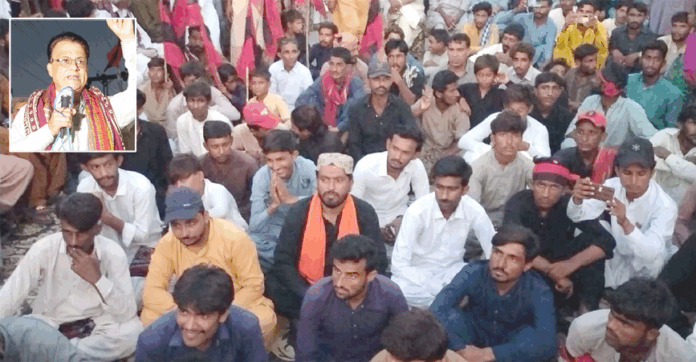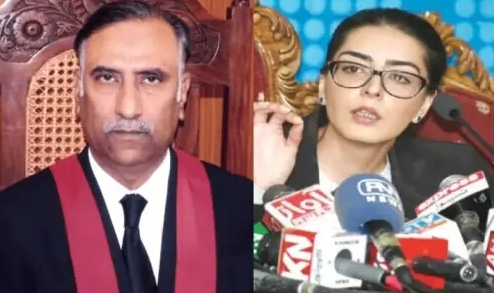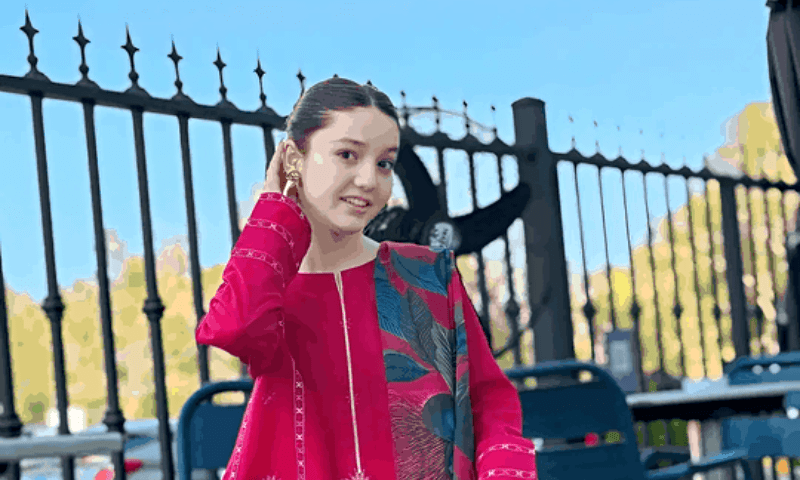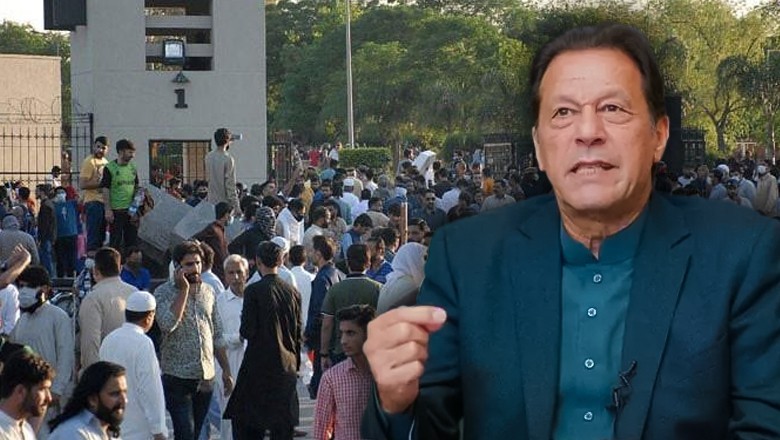LEGAL
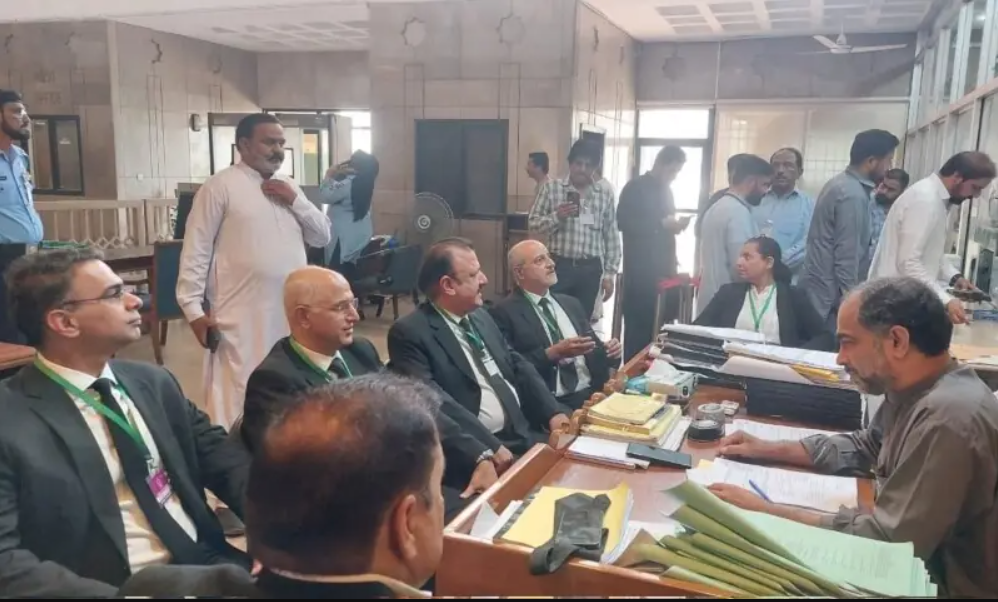
ISLAMABAD: In a dramatic escalation of judicial tensions, five senior judges of the Islamabad High Court (IHC) have filed petitions in the Supreme Court of Pakistan challenging the powers exercised by Chief Justice Sardar Muhammad Sarfraz Dogar and recent administrative changes within the high court.
The petitions — filed under Article 184(3) of the Constitution — name the IHC, CJ Dogar, and the Federation as respondents. The judges argue that administrative powers cannot be used to undermine judicial functions, stressing that once a bench is constituted, the chief justice cannot transfer cases or exclude judges at will.
The petitioners also urged the apex court to strike down the “Doctrine of the Master of the Roster,” arguing that the constitution of benches and transfer of cases should only be carried out in accordance with rules adopted collectively by the high court under Articles 192 and 202 of the Constitution.
They further sought to annul the IHC administration committees constituted earlier this year, terming them “illegal and mala fide,” while also declaring that the Islamabad High Court Practice and Procedure Rules, 2025 — adopted without full approval of the court — are unconstitutional.
The petitions also stress that a high court cannot issue writs to itself under Article 199 and that judges may only be restrained from judicial duties under Article 209 by the Supreme Judicial Council.
A Deepening Rift
The move underscores the widening rift within the IHC, which has grown since Justice Dogar’s transfer from the Lahore High Court to Islamabad earlier this year. Several senior IHC judges had opposed his appointment as chief justice, claiming it violated established norms and undermined judicial independence.
Since then, controversies have multiplied. Disputes have erupted over case rosters, transfers of cases from single to division benches, and the restructuring of the IHC administration committee — which critics say consolidated power in the hands of CJ Dogar and his allies.
Judges who resisted these changes, including Justices Babar Sattar, Miangul Hassan Aurangzeb, Tariq Mehmood Jahangiri, Sardar Ejaz Ishaq Khan, and Saman Riffat Imtiaz, have repeatedly raised alarms about being sidelined. They now stand united as petitioners before the Supreme Court.
Wider Judicial Concerns
The fissures within the IHC follow earlier warnings from judges about interference by state institutions in judicial affairs, including surveillance and intimidation. Those allegations prompted calls for inquiries at the highest level, though investigations remain unresolved.
The crisis has also unfolded against the backdrop of sweeping judicial reforms introduced under the 26th Constitutional Amendment, which altered rules on judicial appointments and seniority.
Observers warn that the petitions could set a precedent for redefining the powers of high court chief justices across the country. The Supreme Court’s eventual ruling is expected to have lasting consequences for judicial independence, internal accountability, and the balance of power within Pakistan’s courts.
